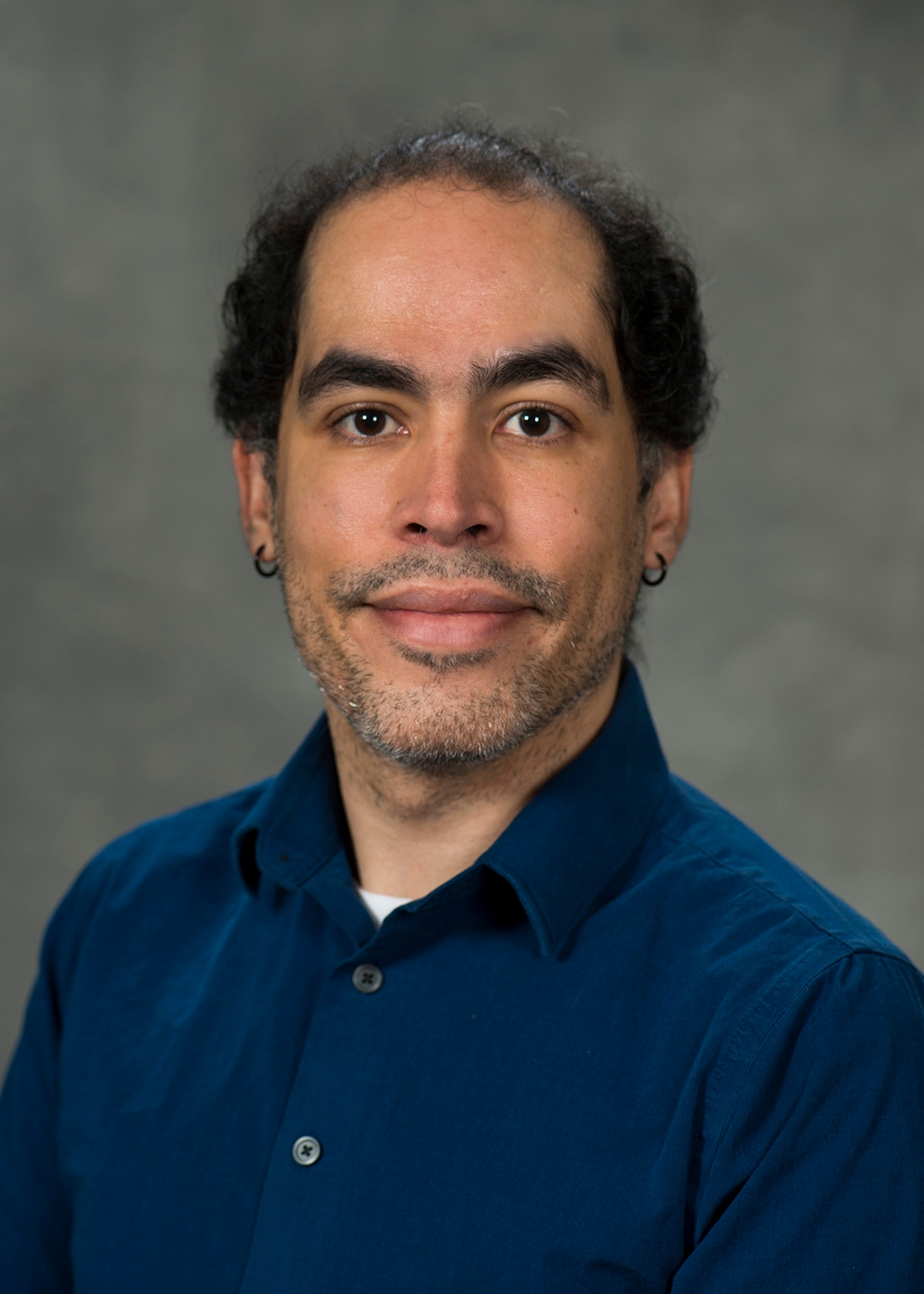José Vargas-Muñiz

Location:
383 Steger Hall (MC 0477)1015 Life Science Circle
Blacksburg, VA 24061
Major Fields of Interest
Cytoskeleton, cell division, fungal cell biology, fungal pathogenesis, host-pathogen interaction, and antifungal resistance
Current Research
- Aspergillus fumigatus Septins: A. fumigatus infects the lungs of immunocompromised patients, leading to a condition known as invasive aspergillosis. Current treatment options are limited, and the rise of antifungal resistance in this fungus makes it imperative to understand this pathogen biology to develop novel therapeutic approaches to address Aspergillus infections. Our research program addresses this issue by understanding the role of the septins, a cytoskeleton protein, in A. fumigatus biology and pathogenesis. Our previous work has shown that the septin cytoskeleton is involved in fungal response to the anti-cell wall drug caspofungin. Targeting the septins can potentially improve the therapeutic outcomes of patients undergoing caspofungin treatment. Additionally, septins seem to modulate spore immune evasion, and these studies could further understand how the immune system recognizes spores.
- Unconventional cell divisions: Our lab is currently developing tools to characterize the unconventional cell division cycles of the black yeast Hortaea werneckii. Hortaea divides first as a fission yeast, and after the first division event, it starts dividing as budding yeast. This regulation of the cell division is dependent on environmental conditions, such as salt concentrations. We are developing genetic approaches to gain mechanistic insight into how Hortaea coordinates these two distinctive cell division cycles.
- White-Nose Syndrome Fungus: White-nose syndrome is caused by the fungus Pseudogymnoascus destructans (Pd). This infection has decimated populations of hibernating bats; however, we have minimal knowledge of the cell biology of this bat pathogen. Our research program aims to develop genetic and cell biology tools to understand better the mechanism used by this fungus to invade host tissue and establish infections.
- 2023 - present: Assistant Professor, Department of Biological Sciences, Virginia Tech, Blacksburg, VA
- 2020 - 2023: Assistant Professor, Microbiology Program, Southern Illinois University at Carbondale
- 2017-2020: Postdoctoral Fellow, Gladfelter Lab, The University of North Carolina at Chapel Hill
- 2012 - 2017: Doctor of Philosophy, Department of Molecular Genetics and Microbiology, Duke University, Durham, NC
- 2007 - 2012: Bachelor of Science in Industrial Biotechnology, University of Puerto Rico, Mayagüez Campus Mayagüez, PR
- 2024 - 2025 Early-Career Editorial Board for mBio
- 2022 Early Career Whitman Fellow, Whitman Center, Marine Biological Laboratory, Woods Hole, MA
- 2018 Carl Storm Underrepresented Minority Fellowship
- 2017-2020 Tri-Institutional Molecular Mycology and Pathogenesis Training Grant Fellow (NIH T32AI052080-14)
- 2014-2017 NSF Graduate Research Fellowship Program Fellow
- 2014 Outstanding Poster Presentation, Fungal Biology Category, 6th Advances Against Aspergillosis, Madrid, Spain
- 2011 Outstanding Poster Presentation, Microbiology Category, ABRCMS, St. Louis, MO
- 2011 Outstanding Poster Presentation, Microbiology Category, SACNAS Conference, San Jose, CA
- 2011 Industrial Biotechnology Program’s Special Recognition for Excellence in Poster Presentation, Mayagüez, PR
- 2010 3rd Place Poster Presentation, Puerto Rican Society of Microbiologist Semiannual Meeting, Ponce, PR
- 2010-2011 MARC U-STAR Scholars
- 2010-Present The Leadership Alliance Fellow
- 2009-2011 Amgen BioMinds Fellow
- 2008-2011 Art & Science Honor Roll


